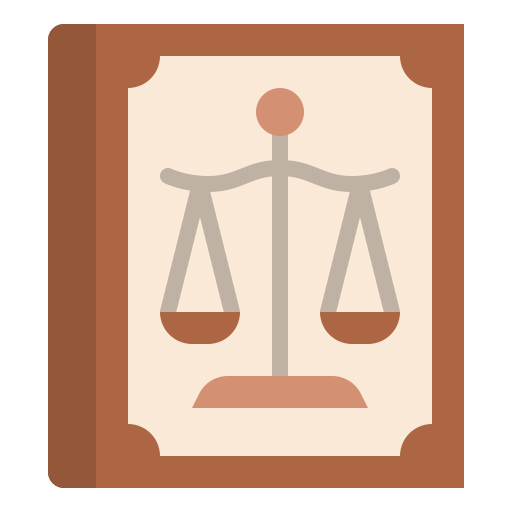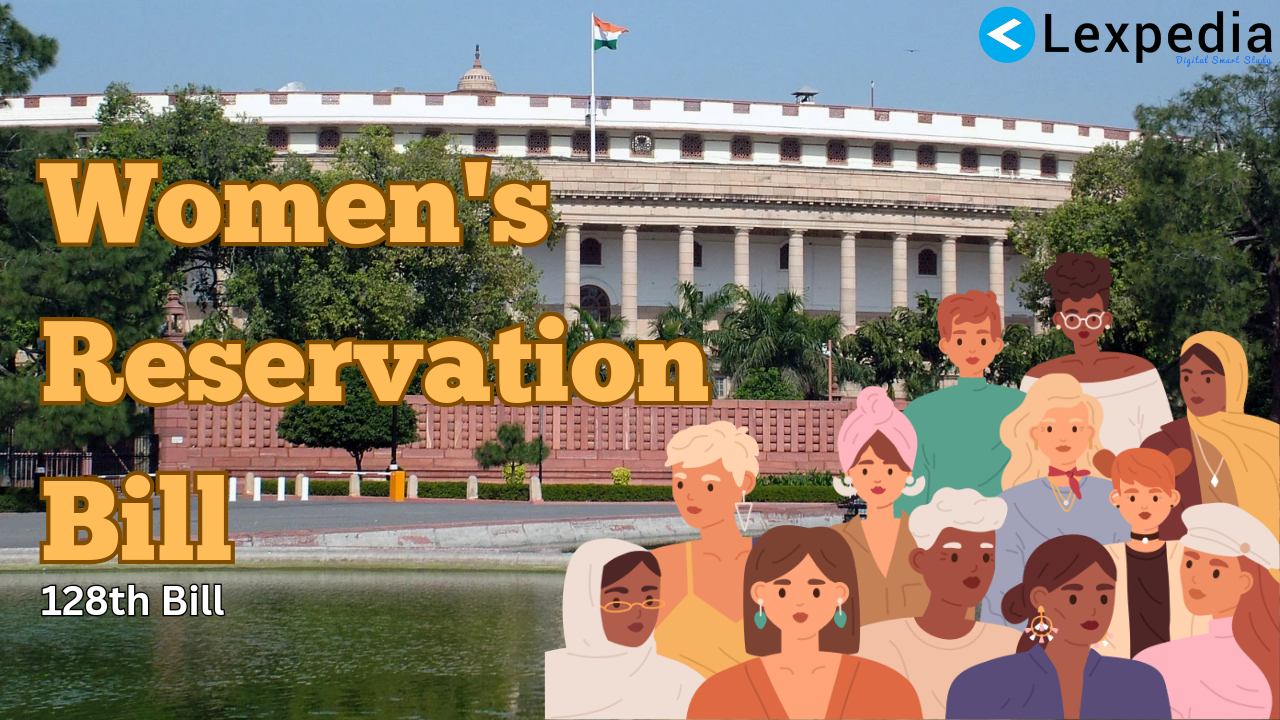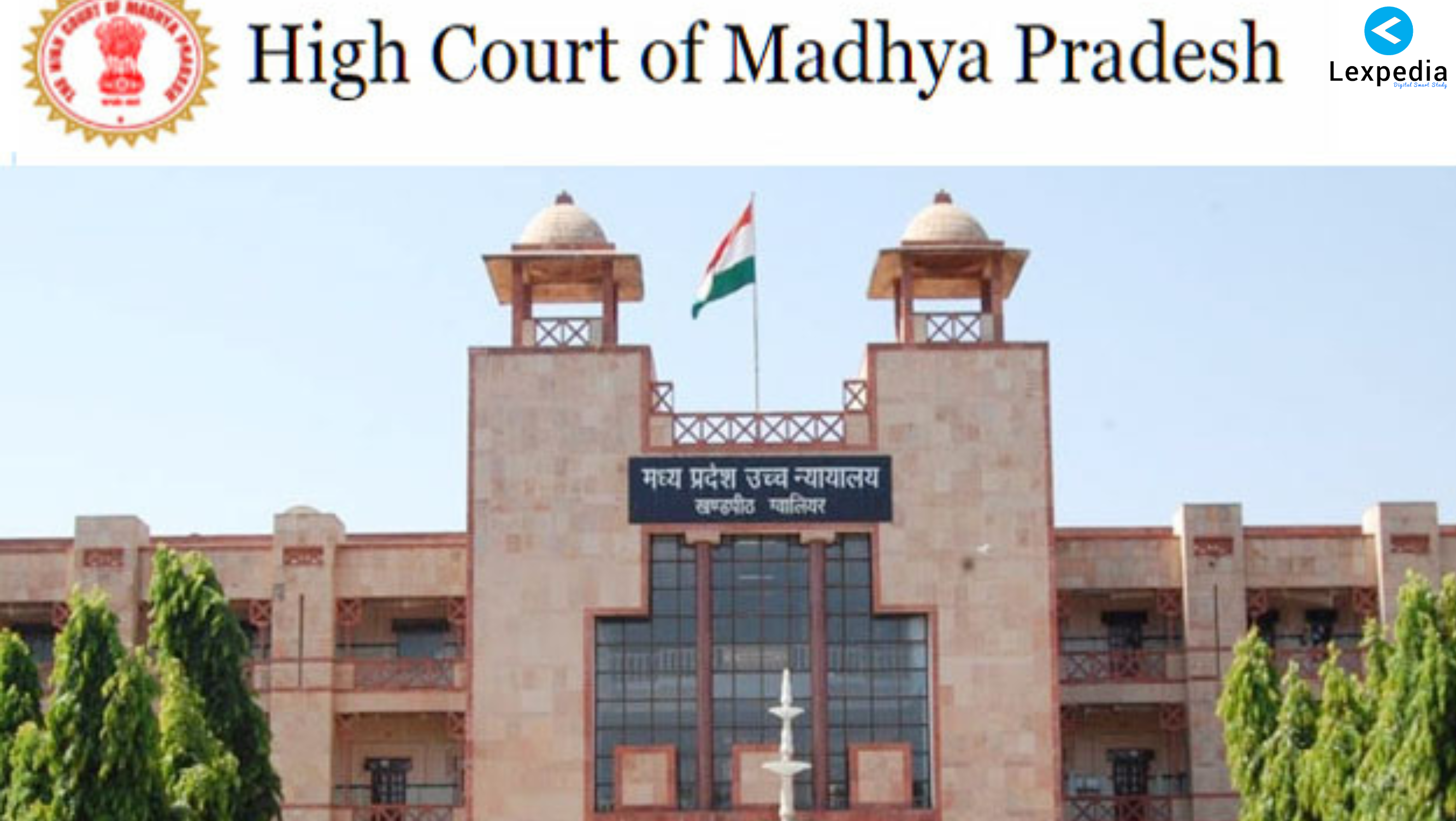
Justice K.S Puttaswamy (retd.) V UOI, 2017
LNIND 2017 SC 420

Supreme Court of India

24-08-2017

Judges :
J.S Khehar, CJI, J. Chelameswar, S.A Bobde, R.K Agarwal,R.F. Nariman, Abhay Manohar Sapre, Dr. D.Y. Chandrachud, Sanjay Kishan Kaul and S. Abdul Nazeer, JJ

Acts :
Art, 14, 15, and 21 of the Constitution Of India.
Subjects :
THE RIGHT TO PRIVACY IS A FUNDAMENTAL RIGHT
Share Post :
Facts:
- ‘Unique Identification for BPL Families’ was a project which was initiated by the Government of India. A Committee was set up for the project. The creation of a Unique Identification database was suggested by the Committee for the said project. The project was decided to be set up in three phases.
- In January 2009, the Planning Commission of India passed a notification on UIDAI (Unique Identification Authority of India). In 2010, the National Identification Authority of India Bill was passed by the Commission. Retired Justice K S Puttaswamy and Mr. Parvesh Sharma in November 2012 filed a PIL Writ Petition in the Supreme Court challenging the validity of Aadhaar.
- The scheme was challenged as it was violative of Fundamental Rights. The scheme violated the right to privacy under Article 21 of the Indian citizens. After filing this writ petition, a series of orders were passed. The Aadhaar Act was passed in 2016. The petitioners then filed another writ petition challenging the vires of the Act. This writ petition was then merged with the previous one and was treated as one writ petition.
- Jairam Ramesh who was the Former Union minister and Congress leader moved to the Supreme Court in May 2017. He challenged the decision to treat the Aadhaar Bill as a money bill.
- On 24th August 2017, the Supreme Court ruled that the right to privacy is a Fundamental Right under Article 21 of the Indian Constitution. On 17th January 2018, the hearing of the Aadhaar Case was started in the Supreme Court. The Supreme Court on 25th April 2018 questioned the Centre on linking the Aadhaar with mobile. On 26th September 2018, the Supreme Court held Aadhaar card to be valid but struck down certain provisions such as mandatory linking of Aadhaar with mobile, bank accounts and school admissions.
Issues:
- Whether the Aadhaar Project has a propensity to create a surveillance state and is thus unconstitutional based on this ground?
- Whether the Aadhaar Project violates the right to privacy of the citizens and is unconstitutional based on this ground?
- Whether Section 7 and 8 of the Aadhaar Act also includes children?
- Whether the following provisions and Regulations of the Aadhaar Act are unconstitutional:
- Sections 2(c) and 2(d) read with Section 32;
- Section 2(h) read with Section 10 of the Act- Central Identities Data Repository (CIDR);
- Section 2(v), Section 3, Section 5, Section 6, Section 8, Section 9;
- Sections 11 to 23;
- Sections 23 and 54;
- Section 23(2)(g) read with Chapter VI & VII;
- Section 29, Section 33, Section 47, Section 48, Section 57, Section 59
- Whether the Aadhaar Act can be treated as a ‘Money Bill’ within the meaning of Article 110 of the Indian Constitution?
- Whether Section 139AA of the Income Tax Act, 1961 violates the right to privacy of the citizens under the Indian Constitution?
- Whether Rule 9(a) of the Prevention of Money Laundering (Maintenance of Records) Rules, 2005 and the notifications issued thereafter, which mandate linking of Aadhaar with bank accounts, are valid under the Indian Constitution?
- Whether Circular dated March 23, 2017, issued by the Department of Telecommunications which mandates the linking of the mobile number of the citizens with Aadhaar is illegal and unconstitutional?
- Whether certain actions which were taken by the respondents are in contravention of the interim orders passed by the Court?
Judgement:
The Aadhaar Act was held to be valid by the Supreme Court. The Hon’ble Court stated that sufficient security measures have been taken by the Government in order to keep the data safe which the citizens have been asked to reveal for Aadhaar. A five-judge bench led by CJI Dipak Misra decided the case. The Bench asked the Government to take measures to provide more security in order to protect the data obtained by the people. It was also stated by the Court that the information which has been obtained by Aadhaar should not be released to the commercial banks, payment banks, and e-wallet companies. E-wallet companies like Paytm asked their customers to get their KYC done by using their Aadhaar cards. It was held by the Court that such information of Aadhaar should not be released to them. It was also stated by the Bench that telecom companies cannot seek details of Aadhaar from their customers when they buy a new sim card and even schools shall not ask students to provide their Aadhaar number for appearing in board exams or for admissions.
The Supreme Court upheld the validity of Aadhaar and made it mandatory for availing the benefits and subsidies of the Government. The Act ensures that the benefits and subsidies of the Government are received by the people for whom it is meant. The Court held Section 57 of the Act to be unconstitutional and was, therefore, struck down.
The court held that Aadhaar card shall be made mandatory for availing the welfare schemes, benefits, and subsidies that are provided by the Government as it empowers the poor and ensures that the benefits and subsidies are received by the sections of society for which it was meant. Section 57 of the Aadhaar Act was held to be unconstitutional and was struck down. The Supreme Court held that children would not be denied the benefits of any Government scheme if they do not have an Aadhaar card. The Bench of the Supreme Court also struck down the national security exception under the Aadhaar Act.
The Court also explained the difference between an identity card and Aadhaar. Aadhaar has a unique identification and hence can’t be duplicated like other identity cards. Further, the Court also stated that the objective of Aadhaar is to give identity and empower the poor of the society by making sure that they are able to avail the benefits and subsidies which are provided by the Government for them. Therefore, the Aadhaar has been made compulsory for availing the Government welfare schemes.
Held:
The Hon’ble Court upheld the Aadhaar Act and struck down the provision of the Act which was unconstitutional. It was held by the Court that the Right to Privacy of the citizens has to be protected as an intrinsic part of the right to life and personal liberty under Article 21 and as a part of the freedoms guaranteed by Part III of the Constitution. The Court explicitly overruled the previous landmark judgments of the Supreme Court Kharak Singh vs State of UP and M.P Sharma vs Satish Chandra in which it was held that Right to Privacy is not a Fundamental Right of the citizens under the Indian Constitution.
Conclusion:
The Aadhaar Act was launched with the purpose to give identity and empowerment to the marginalised section of the society. It provides a unique identification number to the citizens of India. The Aadhaar number is unique and therefore, it can’t be duplicated. The unique identification ensures that the benefits and subsidies of the Government are availed by the section of society for which it is meant. Aadhaar can prevent unfair practices and leakage of thousands of crores of money. Many privacy rights questions were also raised in the case. The question of dignity of citizens, informational self-determination and consent formed the basis for the privacy rights claims.
The right to Privacy formed an important part of the case. A five-judge bench of the Hon’ble Supreme Court on 26th September 2018, delivered a judgement in favour of respondents. The validity of Aadhaar was upheld by the Court after striking down various clauses and Sections of the Act which were contrary to the Constitution and violated the rights of the citizens. Justice A K Sikri who wrote the majority of the judges declared the Aadhaar Act to be valid after striking down Section 33(2) and Section 57 of the Act. Various questions were raised by the petitioners on issues like the Right to Privacy of the citizens and the possibility of state surveillance as well as the possibility of breach of information which was collected by the Government for Aadhaar cards of the citizens. The questions of the petitioners have mitigated the claim of UIDAI that their system is one of the best in the world and secured enough to keep the information of the citizens safe. The Court held the Aadhaar Act to be Constitutionally valid as the Act was under reasonable restrictions of the Constitution.
The majority of the honourable Bench also stated that the right of choice of the citizens to avail the Aadhaar card will not be protected by upholding the Aadhaar Act. The citizens will not be left with a choice as Aadhaar will be mandatory for availing the subsidies and benefits of the Government and if a citizen is excluded from availing the subsidies and benefits of the Government due to lack of Aadhaar or authentication problem it can result in the violation of the dignity of the citizen. The Bench also said that linking of Aadhaar to PAN card is not important as there isn’t any constitutional rationale behind it. Upholding of Aadhaar can possibly result in the violation of the Right to Privacy even after striking down Section 33(2) and Section 57 of the Act. In order to protect the Right to Privacy of the citizens the Court clearly ruled out the possibility for private entities to use the authentication mechanism or for asking Aadhaar details by the citizens. The step taken by the Court was to protect the Right to Privacy of the citizens and it clearly showed that the Right to Privacy is indeed a Fundamental Right.

















